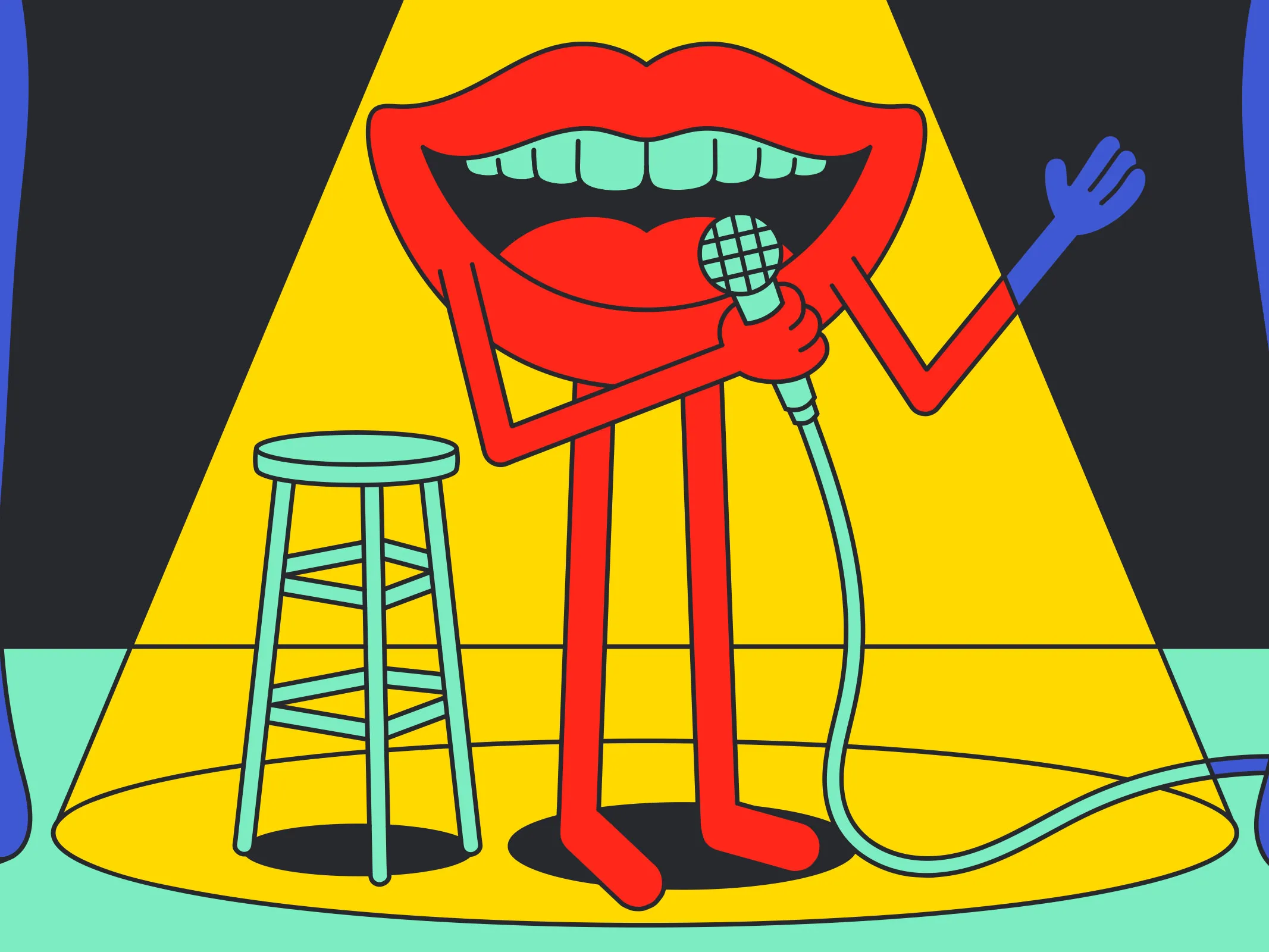Introduction
Humor is a fundamental part of human connection, a tool for breaking tension, and a source of joy. However, some types of humor, including fat jokes, carry complex implications that deserve deeper consideration. Fat jokes, which target people based on body weight or size, have a long history in entertainment, everyday conversations, and media portrayals. While they may seem lighthearted on the surface, the impacts can be far-reaching, touching upon mental health, societal views on body image, and self-esteem.
In this article, we’ll delve into the history of fat jokes, explore the psychological effects, and consider how perspectives are shifting toward more positive and inclusive forms of humor.
The Origins of Fat Jokes in Popular Culture
Fat jokes have existed in various forms across different eras, making appearances in literature, theater, movies, and stand-up comedy. Historically, larger body types were often portrayed as laughable, and people in these roles were often sidelined as comic relief characters or portrayed as clumsy, lazy, or unintelligent. This stereotype found its way into movies and television, especially in the 20th century, where characters’ physical appearance was a frequent source of jokes.
While humor about body weight was once widely accepted, it was largely a product of society’s beauty standards at the time. This “ideal” often emphasized thinness as attractive or healthy, leaving little room for diversity in body types.
The Harmful Impact of Fat Jokes on Mental Health
While humor is often intended to be light and unifying, fat jokes can have negative effects, especially on those targeted by them. The impact on self-esteem and mental health is often significant. Research shows that individuals who are teased about their weight experience higher levels of depression, anxiety, and self-doubt.
- Negative Body Image: Repeated exposure to fat jokes reinforces the idea that being overweight is undesirable or “wrong,” which can deepen feelings of inadequacy in people who struggle with body image. This negative messaging creates shame around body size, leading to lower self-esteem.
- Perpetuation of Weight Stigma: Fat jokes contribute to weight stigma, which is the belief that people are less valuable or capable based solely on their body size. This can result in discrimination, both in social situations and in areas like employment, healthcare, and education.
- Impact on Eating Behaviors: Weight-based teasing has been linked to disordered eating behaviors, as people may turn to restrictive dieting or unhealthy habits in an effort to avoid further ridicule. This can create a harmful cycle that ultimately worsens physical and mental health.
Why Fat Jokes Persist in Society
Despite the known impacts, fat jokes continue to appear in various forms of media and entertainment. A few factors contribute to the persistence of this type of humor:
- Cultural Conditioning: Many people are raised in cultures that equate thinness with health, attractiveness, and success. This conditioning can make jokes about body size feel like reinforcement of societal norms, which leads people to view such jokes as acceptable.
- Media Stereotypes: Media representations often use physical traits as shortcuts for building character traits, and body weight is one of these shortcuts. For instance, a larger character may be used to represent a comic or clumsy personality, reinforcing stereotypes that viewers accept as accurate representations.
- Relatable Content: For some, fat jokes seem “relatable,” based on shared insecurities or social experiences around body image. This relatability can make such humor feel like an attempt to address shared discomfort, although it can perpetuate hurtful standards.
Changing Perspectives on Body Image and Humor
As awareness grows about the negative effects of body shaming and weight-related teasing, society has begun shifting away from humor that targets body size. Body positivity movements, which promote self-acceptance and inclusivity, have gained significant traction, pushing back against the idea that humor at someone else’s expense is harmless.
Organizations, media, and individuals alike are becoming more mindful of how they portray body diversity. Representation of various body types in media is increasing, which helps break down stereotypes that lead to fat jokes. Comedians and entertainers are also finding new ways to create humor that connects without hurting, using observational comedy or universal experiences that don’t target individuals based on appearance.
The Power of Inclusive Humor
Inclusive humor embraces diversity without targeting or demeaning specific groups. It focuses on shared experiences, wit, and insight rather than harmful stereotypes. Some ways that people are redefining humor to be more inclusive include:
- Observational Humor: Focusing on everyday situations and human quirks rather than physical traits.
- Satire on Societal Standards: Some comedians turn humor inward, challenging societal expectations around beauty, weight, and stereotypes. This can bring awareness to unrealistic beauty standards without targeting individuals.
- Relatable Comedy: Using universally relatable situations that anyone can identify with, comedians can foster a sense of unity rather than isolation.
Conclusion
As society continues to evolve, so does our understanding of the impact words and actions have on others. Fat jokes, once accepted as harmless fun, have been recognized for the harm they can cause to mental health, self-esteem, and social attitudes toward body diversity. Shifting away from weight-based humor doesn’t mean abandoning humor altogether; rather, it means finding new ways to laugh together while respecting the dignity of everyone involved.
Moving forward, it’s essential that both comedians and audiences recognize the importance of kindness in humor. As we make this shift, we not only create a healthier environment for those directly affected by fat jokes, but we also encourage a culture that values empathy, respect, and understanding. The beauty of humor lies in its ability to unite, uplift, and bridge gaps – and when we focus on these qualities, we truly allow humor to bring out the best in us all.

